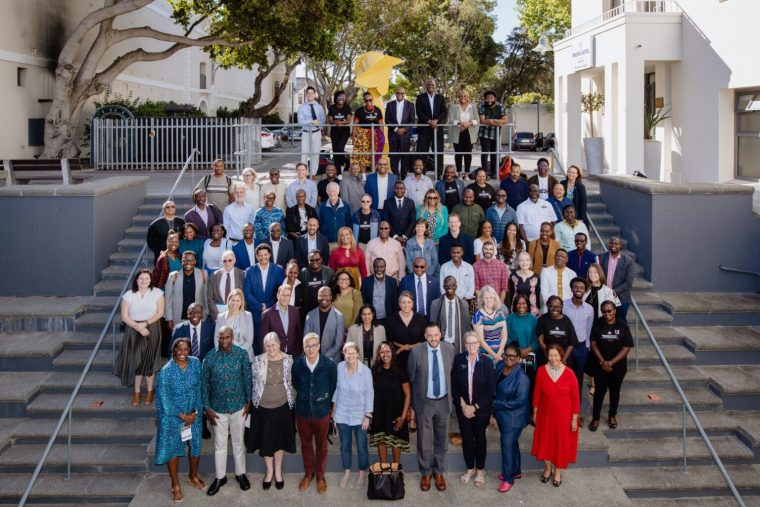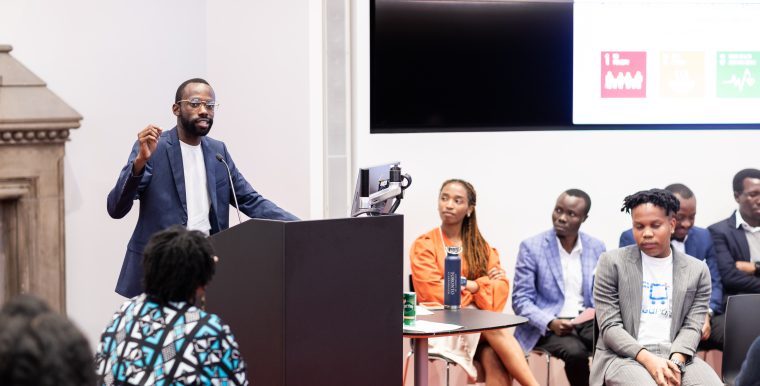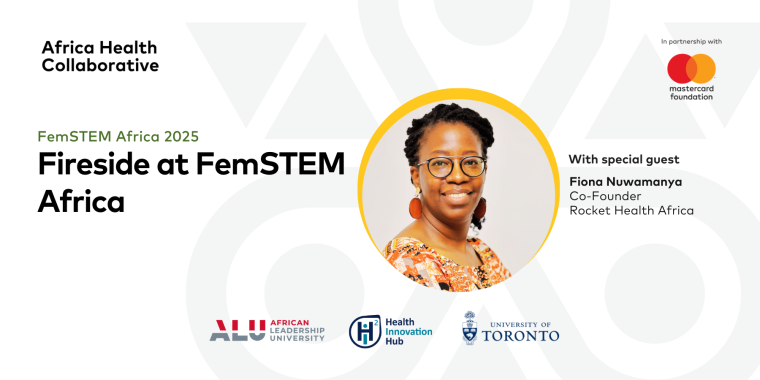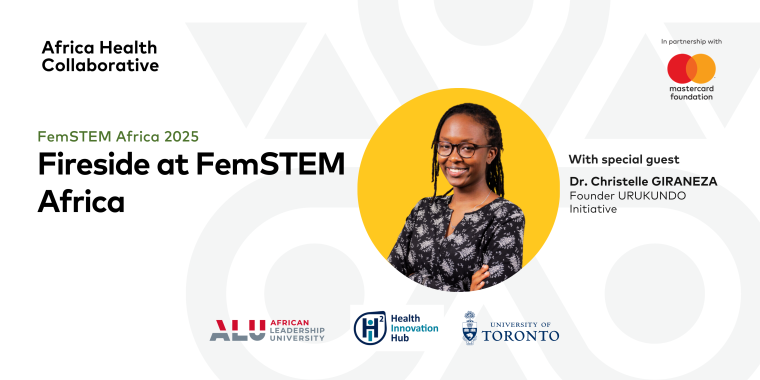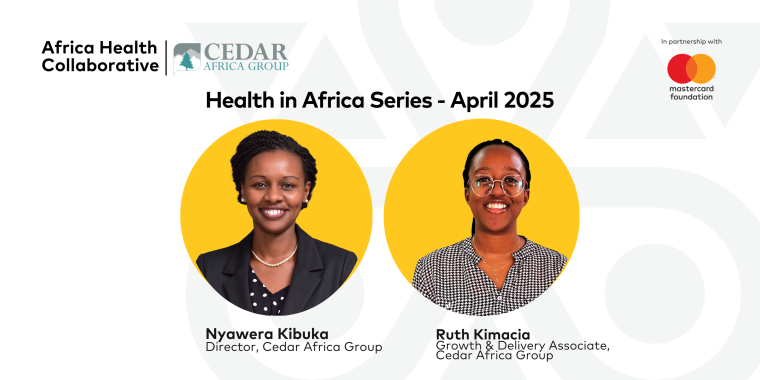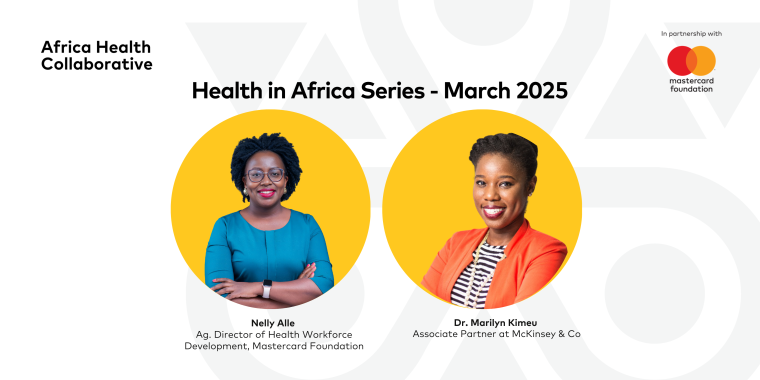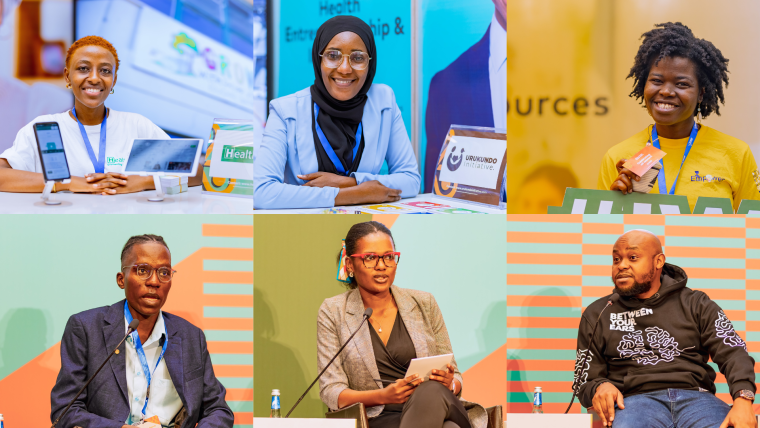This year, the University of Toronto had a unique opportunity to connect some of Africa’s brightest entrepreneurs with the thriving Canadian startup ecosystem, as well as Africa’s expanding diaspora community of investors and entrepreneurs in Canada. Twelve of the 2022 winners of the Health Entrepreneurship under African Impact Challenge were fully immersed in Toronto’s vibrant entrepreneurial community, gaining invaluable experiences and insights through a fully funded opportunity from June to August 2023.
Introduced by the Mastercard Foundation, the Africa Health Collaborative is an international network of nine African universities and the University of Toronto. The Collaborative focuses on strengthening primary healthcare across Africa and empowering the continent’s health sector through transformative education and innovation through three pillars: Health Employment, Health Entrepreneurship and Health Ecosystem. To contribute to the Health Entrepreneurship Pillar, the African Impact Challenge connects health entrepreneurial ecosystems through knowledge exchange and collaborative practice on a global scale. The African Impact Challenge program aims to build the Africa we want to see, by investing in the continent’s early innovators, enabling them to build market-creating innovations which tackle their community’s biggest challenges with technology.
As one of the programs under Health Entrepreneurship in the Health Collaborative, the African Impact Challenge works to provide capital, resources, systems infrastructure, operational support, and strategic counsel to selected healthcare startups committed to driving social development and long-term economic growth in their home countries. This innovative program not only supported capacity building but also fostered intercultural learning for start-up founders by giving them the opportunity to visit Toronto for ten weeks. We had an exciting time capturing the founders as they shared their experiences throughout the ten weeks of their stay in Toronto. Here’s a snippet of how that went on.
The University of Toronto’s campus-linked accelerators the BRIDGE, ICUBE, and Health Innovation Hub (H2i) were the patrons of the African Impact Challenge visit to Toronto. Staff from the BRIDGE, ICUBE, and H2i were involved in the planning and implementing various sessions in the entrepreneurial-based programming.
The campus-linked accelerators offered comprehensive support to the venture founders, including individualized mentoring sessions and guidance on expanding their businesses through valuable connections with business development experts. In addition to enjoyable, educational and productive excursions like participating in entrepreneurial events such as the Collision conference, exploring Niagara Falls and visiting various business incubators in Toronto. The entrepreneurs immersed themselves in over 150 hours of training, mentorship and Work-Integrated Learning (WIL) curriculum integration throughout their visit. Additionally, the Office of the Vice President International (OVPI) and the School of Continuing Studies (SCS) organized special networking sessions for the founders. Originating from six different African countries, the visiting startups not only showed diversity but also displayed a remarkable level of innovation. Their solutions addressed a wide spectrum of healthcare challenges, in areas including sustainability, healthcare access, big data and artificial intelligence, wearable technology, mobility, and beyond. To learn more about the visiting cohort of entrepreneurs and their inspiring and groundbreaking ventures, you can explore their individual spotlights here: 2022 African Impact Challenge Venture Spotlights.
More News & Events
Skip scroller content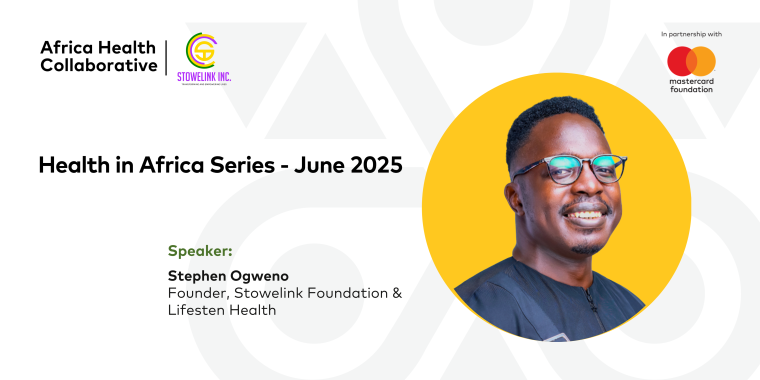
Mental Health and Identity for Students Studying at Home & Abroad
Amid shifting global dynamics, higher education institutions have a powerful opportunity to lead a new era of innovation in primary healthcare (PHC) systems. In the next episode of the Health in Africa Series, we explore practical strategies that academic institutions can apply to strengthen PHC systems, especially in resource-constrained settings.
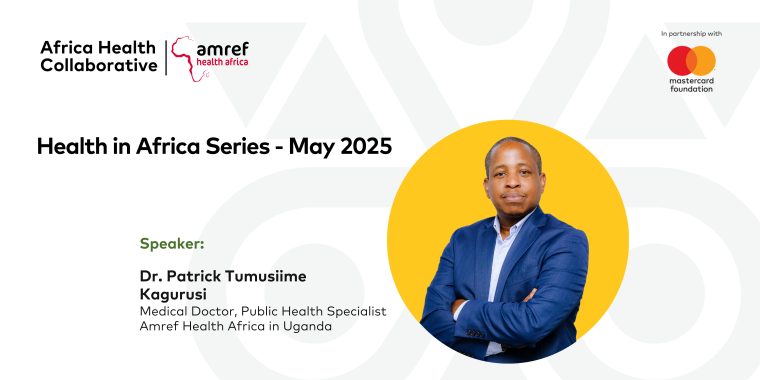
Higher Education’s Role in Reimagining Primary Healthcare
Amid shifting global dynamics, higher education institutions have a powerful opportunity to lead a new era of innovation in primary healthcare (PHC) systems. In the next episode of the Health in Africa Series, we explore practical strategies that academic institutions can apply to strengthen PHC systems, especially in resource-constrained settings.
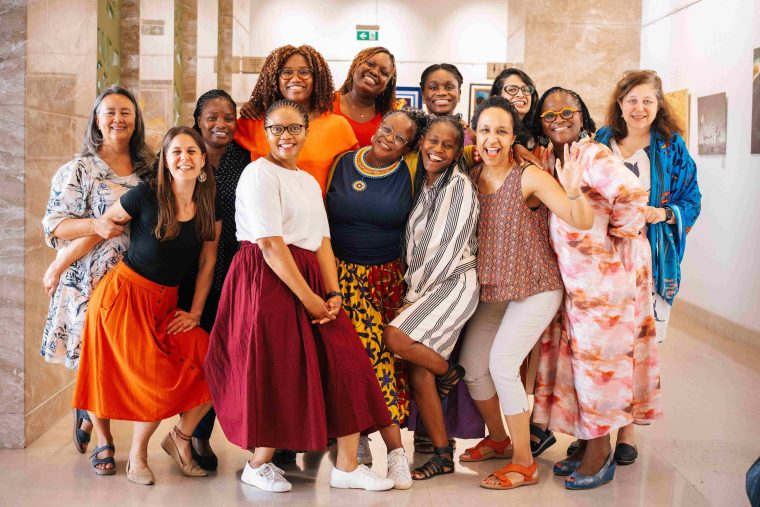
A Tribe Forged in Health: Leadership and Lifelong Bonds at WGHLF 2025
Leadership Coaching and Candid Conversations Kenyan leadership coach and governance expert, Dr. Susan Kinyeki, led a leadership coaching session that encouraged deep reflection on personal leadership journeys, identifying the ‘why ‘ and embracing the power of your voice. The highlight was a series of candid conversations with some of the most accomplished African female leaders in […]
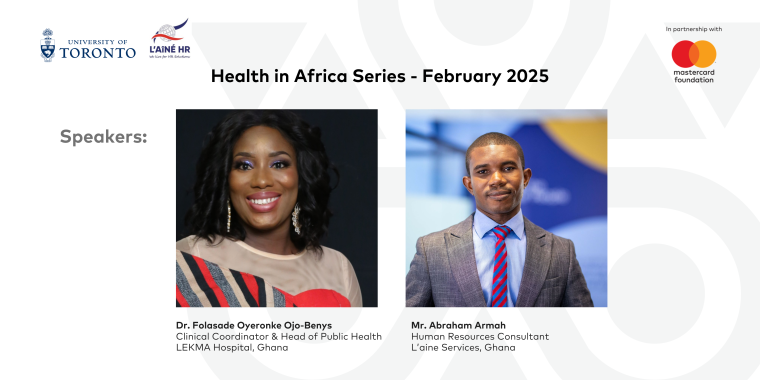
[Health in Africa Series] Health Careers in Africa: West Africa’s Job Market
About L’AINE HR L’AINE HR is a company focused on providing people-oriented solutions and development. As an ISO 9001:2015 certified organization, it serves thousands of clients in both the private and public sectors across various industries including Finance, Health, Media, Telecommunications, Education, Construction, Energy, Manufacturing, and Hospitality. The company prides itself on enhancing the most […]
